Running Tips for Hydration on Race Day (or long runs!)
Of all the running tips, the one most important to runners could possibly be that your hydration (whether water or energy drink) is all important your health, your running, and your race.
Dehydration is something that you need to be very aware of. It can creep up on you unsuspectingly and leave you to have a terrible run or more severe health consequences.
They say that a runner really only needs a pair of shoes but really a runner needs shoes and almost more importantly he needs water, or some form of hydration.
Let's talk about:
- why hydration is so important
- how to avoid dehydration when running
- hydration running tips for before a race
- hydration running tips for during a race or long run
- and hydration running tips for after a race
Why is hydration so important to a runner?
Our bodies are made up of about 70% water so is it any wonder that it is one of the few necessities in life?
Water is a crucial for our cells and muscles. Without it, cells won’t be able to change glycogen into fuel and energy as efficiently.
If our cells aren’t doing this transition then wastes won’t be taken out of our body properly and oxygen is not able to be delivered as quickly.
In fact everything that’s stressful about racing is multiplied without proper hydration.
Many studies have proven that poor performance, injury and soreness (i.e. muscle soreness) can be partially or even entirely linked backed to a body being dehydrated. (Here's one study for reference.)
This means that staying hydrated could ward off those undesirable aspects leading us to potentially our best runs and races!
When is it best to drink water throughout your day?
The best way to intake your water is at increments throughout your day:
- Always start your day with a big glass of water as this will help to get you into a healthy state of mind, jump start your metabolic functions, and re-hydrate after a long night without drinking
- drink at least a cup at each one of your meals
- three cups in between breakfast and lunch
- two cups between lunch and dinner
- one right before you go to bed.
Sounds technical, huh?
Not really though, a good rule of thumb is that when you are starting to feel thirsty then you are already starting to become dehydrated.
So your goal is to try to never get to that point.
It is so easy to get addicted to drinking soft drinks and having your morning coffee but since these liquids only serve to dehydrate you try and remember this simple rule to offset their effects: drink one cup of water for every dehydrating drink you take in.
We shouldn't just focus on water however.
Drinking too much water can lead to a dangerous and potentially fatal situation called hyponatremia or water intoxication.
Our body needs a balance and so if we are drinking large amounts of water, we should also be taking in some electrolytes with it.
What are electrolytes?
Electrolytes are minerals, such as magnesium, sodium and potassium that your body loses during exercise especially in sweat.
They are necessary for cellular metabolism and keeping a balance between inter and external cellular relations.
Without electrolytes are bodies are compromised and limited in performing its basic functions.
As we run, especially long distances, our electrolyte stores are quickly depleted. Try and make sure you take in some electrolytes the day before the half marathon. Your energy drink of choice should suffice. We'll get more into this later.
The researchers tell us that consuming water and carbohydrates together help to convert those carbohydrates more effectively into glycogen.
This means less energy used and more energy saved for during the race.
Running tips to avoid dehydration during a run (Or Long Run):
In order to form proper hydration habits during a race it is important to learn to drink well during your runs.
Here are some hydration running tips to help!
1. Drink around 8 oz of water/energy drink about every half hour during your runs.
Some people will need more or less than this amount but as a general rule it is a good guideline.
When it is hot outside you will need to up your intake and extreme heat conditions can call for you to even double this amount.
Also, humidity is another factor you need to be very aware of as it can lead to severe dehydration at a faster rate than normal.
Action Step: Set your timer on your watch if you tend to forget or just want to be proactive with your hydration plan.
2. Take along sports drinks for runs over an hour.
On runs less than an hour, water will do the trick. Even on runs a little over an hour water is sufficient.
However sports drinks that contain electrolytes and carbs help to enhance our replacement of glycogen that we are depleting the longer we run.
See my energy sports drink recommendations for runners here.
Here's a guide/list of the best running hydration belts for marathoners!
3. Try out salt tablets.
Some endurance/marathon runners like to take salt tablets while running their distance runs.
This helps to balance their electrolytes that they are losing during a long run particularly through sweating. Losing electrolytes can lead to dehydration and making sure that you are replacing them while you are running is part of a good hydration plan.
Remember though that salts can be dehydrating and can make you feel thirstier.
Only take salt sticks if you really do lose a lot of electrolytes (sweat profusely) when running and if you are doing a very long run or marathon race and then be very aware of how much water/energy drink you are taking in.
4. Set up your own water stations.
This is very helpful for your long runs.
Setting up your own aid/water stations are a great way to stay hydrated! It forces you to plan ahead when and where you will be hydrating.
Plan your routes strategically by going the route and placing water/sports drink bottles every couple of miles or so before your run.
Depending on your pace you could also spread them out over the distance it would take you to run 30 minutes.
Not only will this help you to ward off becoming dehydrated but it will also motivate you to run to your next bottle of liquid when motivation is running low.
Another idea is to take advantage of water fountains set up in your community and plan according to their placement.
5. Carry your fluids with you.
If you have your water or sports drink with you on your run you will be more likely to drink and stay hydrated rather than putting it off or skipping it altogether along the route.
A lot of runners like wearing a Fuel Belt like this one.
Another popular option is the Camelbak which is a comfortable and light weight back pack that carries your water.
6. Pour water on your head, back of your neck and inner wrists.
This will help to cool your body off and keep you from feeling the dehydrating effects of water loss through sweating.
Another very effective way to stay cool and help keep your dehydration at beat are these neck wraps that literally stay wet and keep you cool for hours!
7. Read the signs! The number one sign that you are dehydrated is when you feel a tingling in your skin.
This tingling can start to be very mild but you really never want your body to get to this point.
In fact, you are probably dehydrated before you even feel thirsty which is why it is so important to drink even when you are not thirsty.
If you are running in the sun a lot, be sure to check these 4 tips for safely running in the sun over at Runnin' for Sweets.
8. Drink when you wake up and before you go to bed.
Proper running hydration starts before you even begin your run. It starts hours before.
Right as you get out of bed, before breakfast or any food intake, you should drink at least an 8 oz. glass of water.
Your body has not had anything to drink all night and you need to make up for this. There are also many health benefits for drinking a large amount of water upon awakening such as improved digestions, weight loss and a feeling of satiation.
It is also important to remember to have a water schedule set up throughout the day.
When you are feeling hungry and want to snack, try drinking water. It fills you and more often than not you will find that you were really just thirsty rather than hungry. Here is some more information on.
9. Avoid excessively drinking diuretics.
Two of the most popular diuretics (which actually take water out of the body) are coffee and alcohol. Don’t drink too much of these especially before a race!
If you do drink a glass of a diuretic, make up for it with an extra glass of water.
10. Wear the proper clothing.
As a runner, try to stick to polyester material. This will wick away the sweat from your body causing you to stay much cooler.
The improper material can trap the heat inside your clothes, making you feel warmer, causing your body to work harder to thermoregulate itself, and increases water loss at a higher rate.
11. If you are using an energy drink on race day be sure to train with it on your long runs.
Okay, this really is probably the most important of all the hydration running tips!
It is best to be experimenting with energy drinks during your training so that you can find out which ones work best for you and your body.
Don't just pick any random drink to use as an energy drink. Test a couple out and see how they sit with your stomach.
Also, always read the labels! A lot of drinks (Monster, PowerAdes,) have high fructose corn syrup and not enough carbohydrates to actually serve as a good energy drink for a runner.
Read this page on how to choose a good energy drink as a long distance runner.
Running Tips for Hydration Before a Race
Hydration is vital to a successful race and is especially important for nutrition for runners.
The key to avoid becoming dehydrated during a race is to get the fluids in BEFORE you start to run.
That means the night and day before your race your water bottle should be your best buddy!
These running tips for hydration can be implemented the entire week before race day.
Hydration running tips the day before a race:
The day before a race, try to drink 6 -8 ounces of water every two hours.
However, do not solely concentrate on water. Drink a total of 8-16 ounces of an electrolyte or energy drink as well throughout the day.
Steer clear of diuretics. Remember that diuretics draw water out of the cells causing you to become thirsty and dehydrated faster. Save the sodas, coffee, and alcohol until after the race.
Hydration Running Tips for During a Race
The most important thing to remember during racing especially long distance racing such as the marathon, is to drink early at every water station even if you don’t feel thirsty.
For long distance races, i.e. marathon racing, remember to take some form of sports drink like Gatorade to take in electrolytes that you are losing.
It's good to have a race refuel plan set up in your mind to know how much and when you should be refueling throughout your marathon to avoid hitting the wall.
Hydration running tips for after a race
Your body is incredibly receptive to carbohydrates after running. Within 30 minutes of finishing your race (or even a long training run) drink at least 8 ounce of your energy drink or even a fruit or vegetable juice.
Once again, water is important to get back into your body. Your body needs water more than any other form of liquid. #surprise
During the coming days when you are recovering from your race, continue to place emphasis on proper hydration to help you recover as quick as possible!
Bottom line is that nutrition for runners needs to balanced with a smart hydration plan!
Hopefully these running tips will help to fuel your running so that you can run your best!
Want to learn more about running nutrition & hydration?
The Ultimate Guide to eating and fueling for marathon training and racing success! + get access and develop your own personalized marathon nutrition plan to implement before your marathon with our 9 STEP Prep Plan!
Get access to the EAT LIKE A MARATHONER Nutrition Course here!
Related Pages:
I'd Love to stay in touch!
Join 23,000+ Other runners and receive my weekly training newsletter!
I'll send you my free 24 Hour Timeline Checklist of Things You Should Do After a Long Run when you sign up!
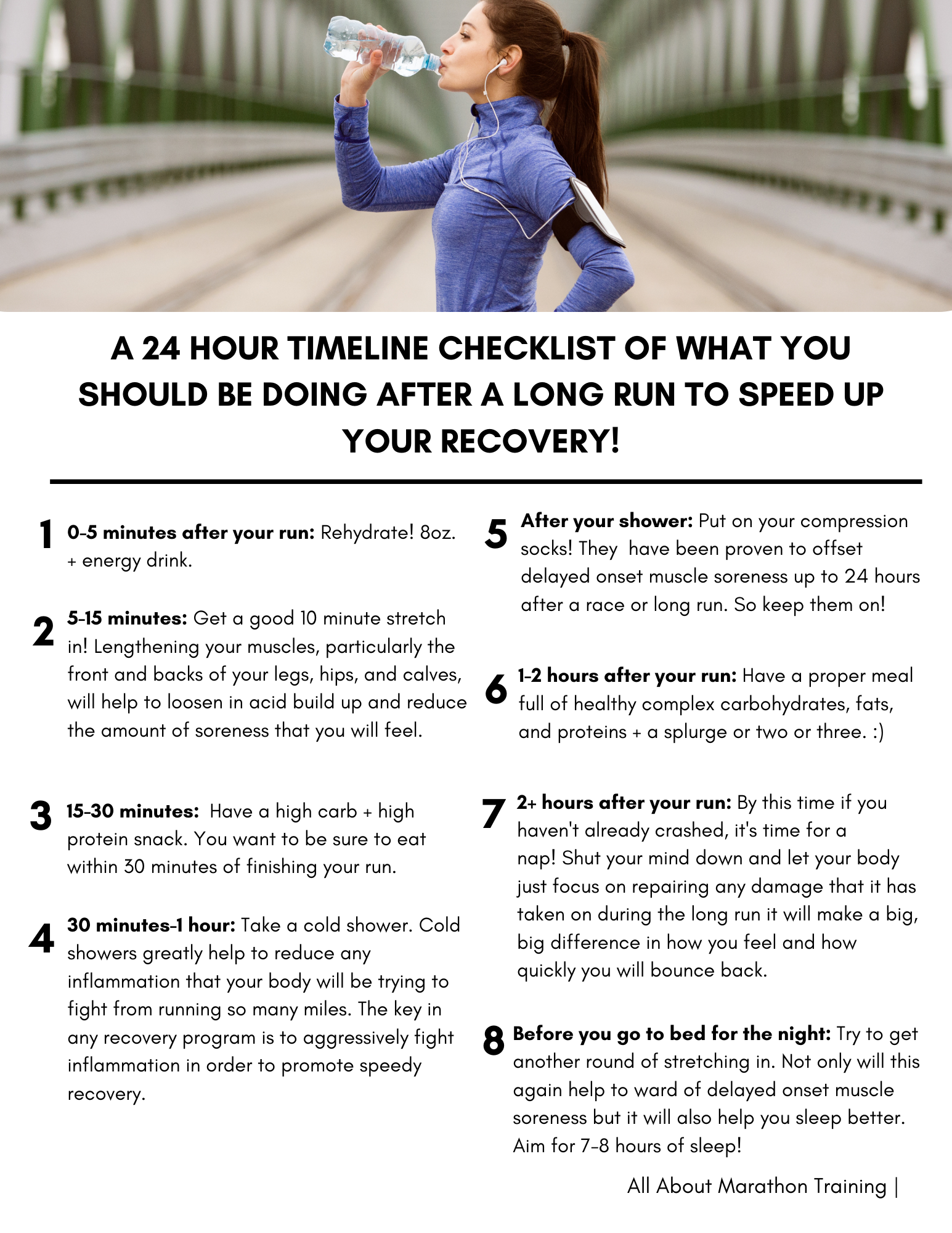
As featured on:

References:
Murray, Bob. (2007). Hydration and Physical Performance. Journal of the American College of Nutrition. 26. 542S-548S. 10.1080/07315724.2007.10719656.
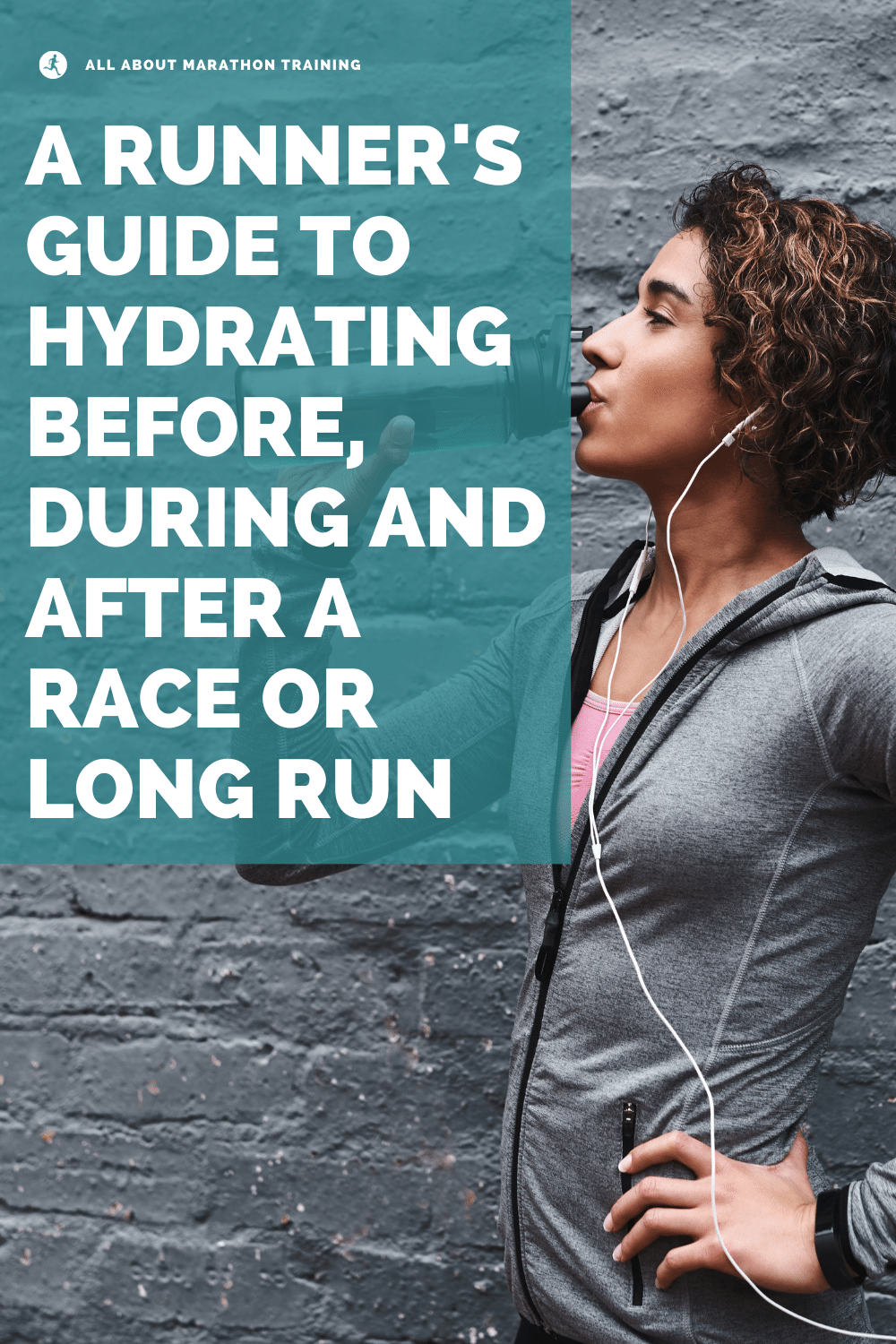

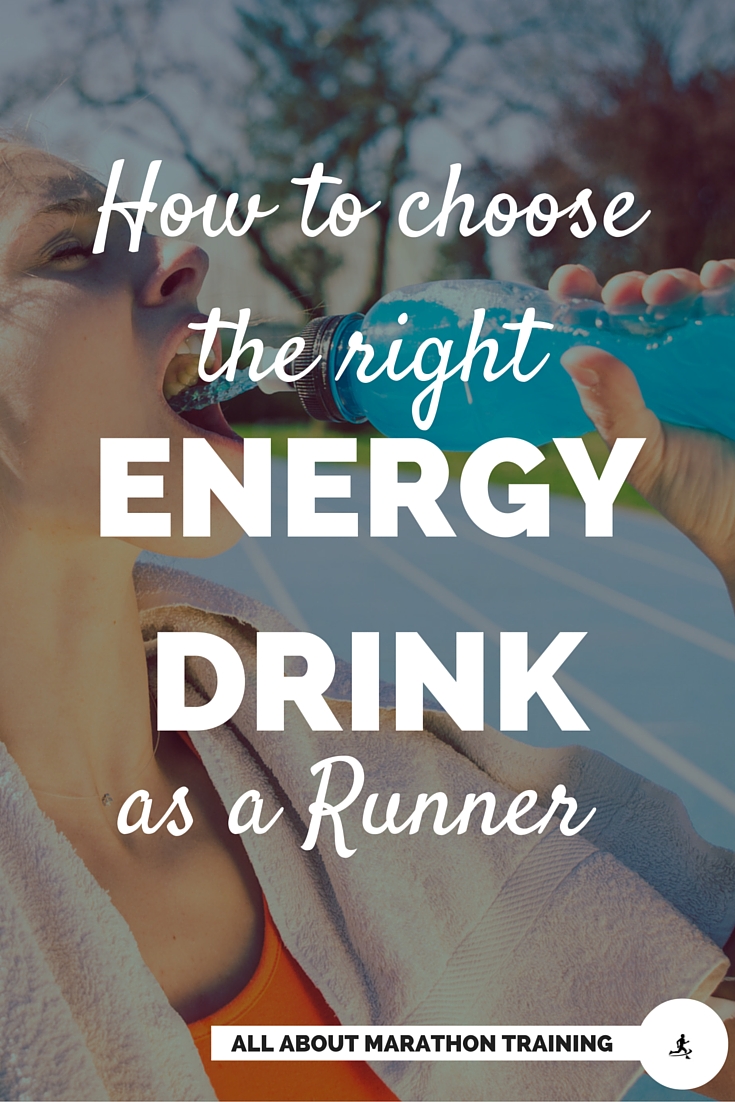

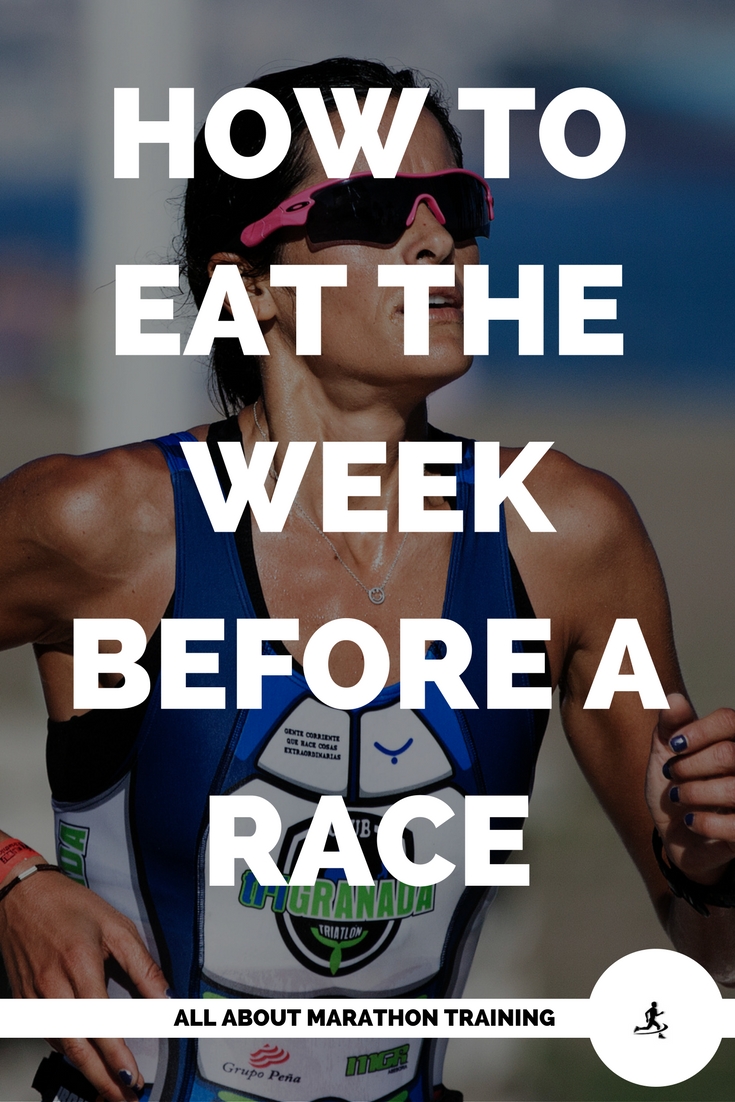
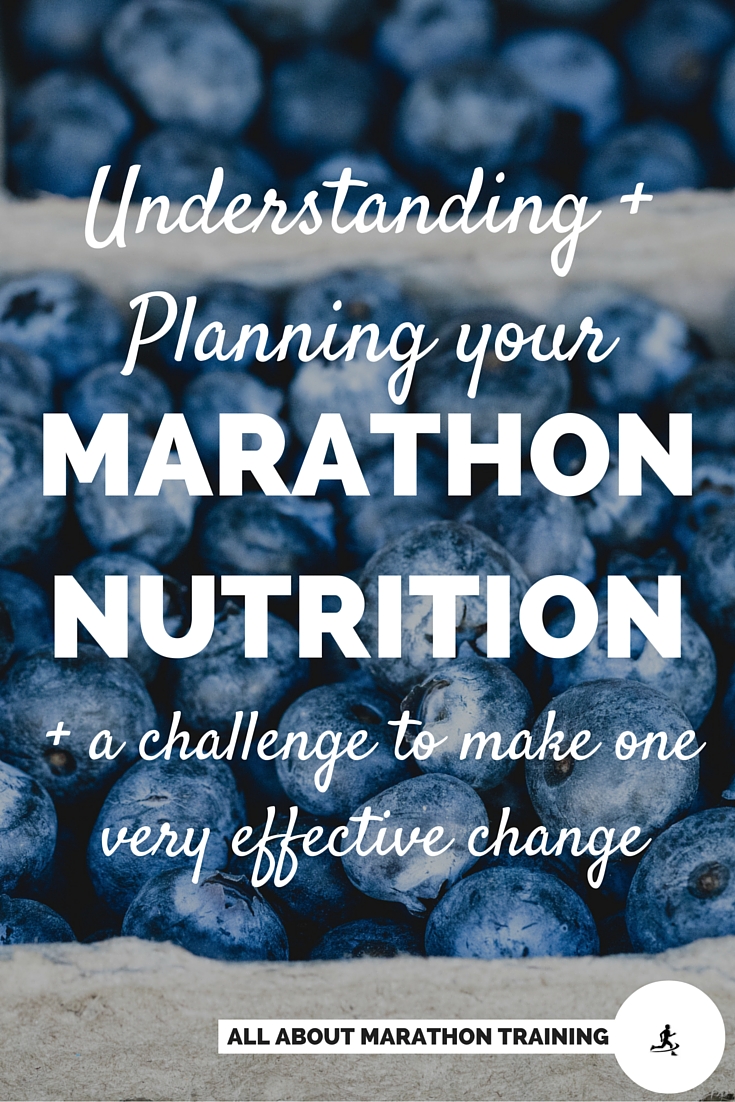

New! Comments
Have your say about what you just read! Leave me a comment in the box below.